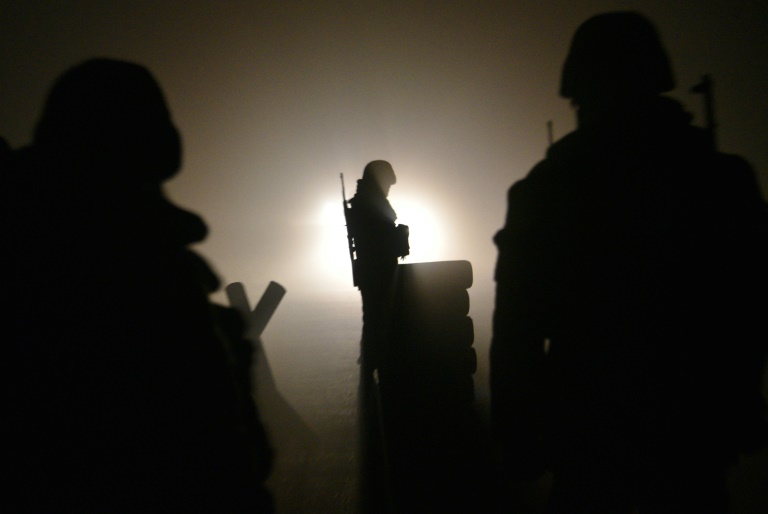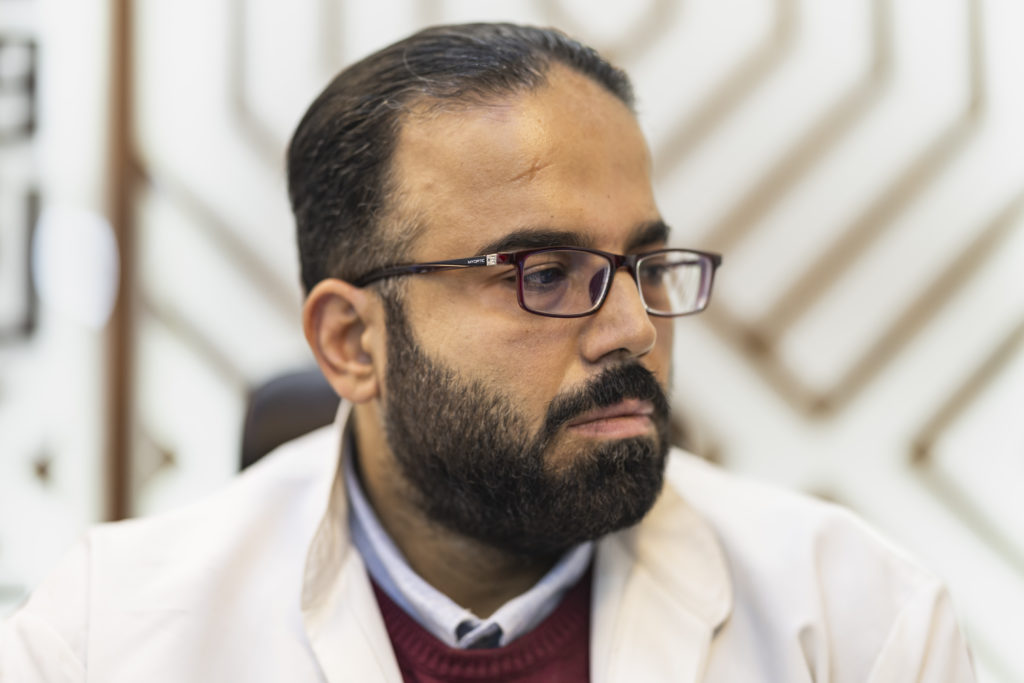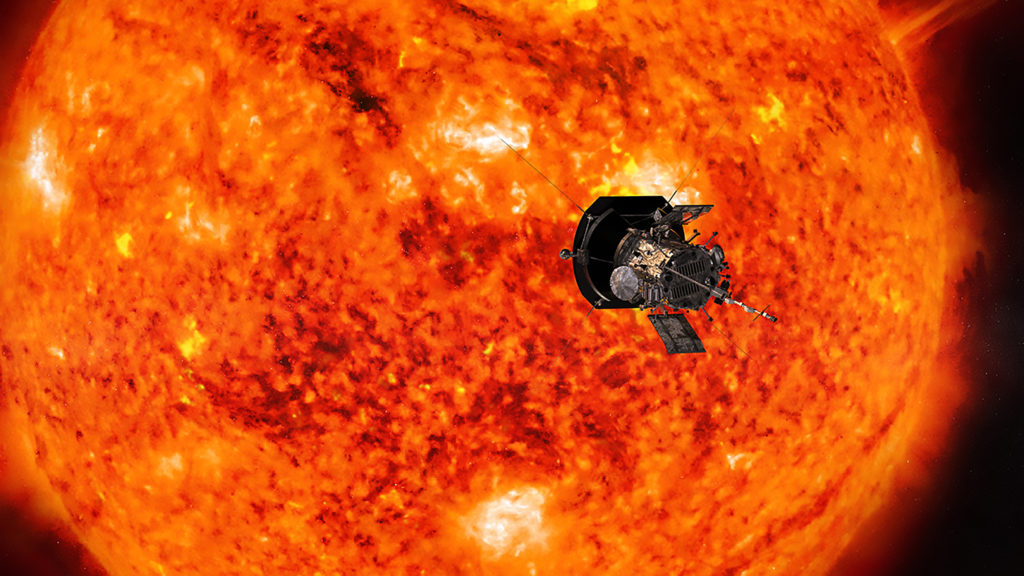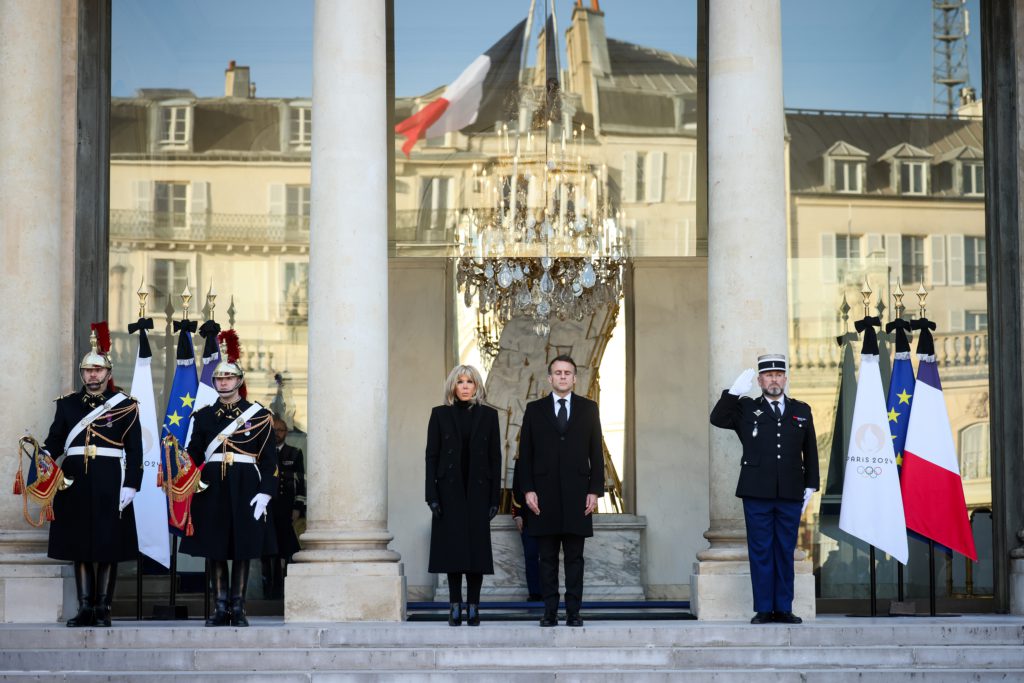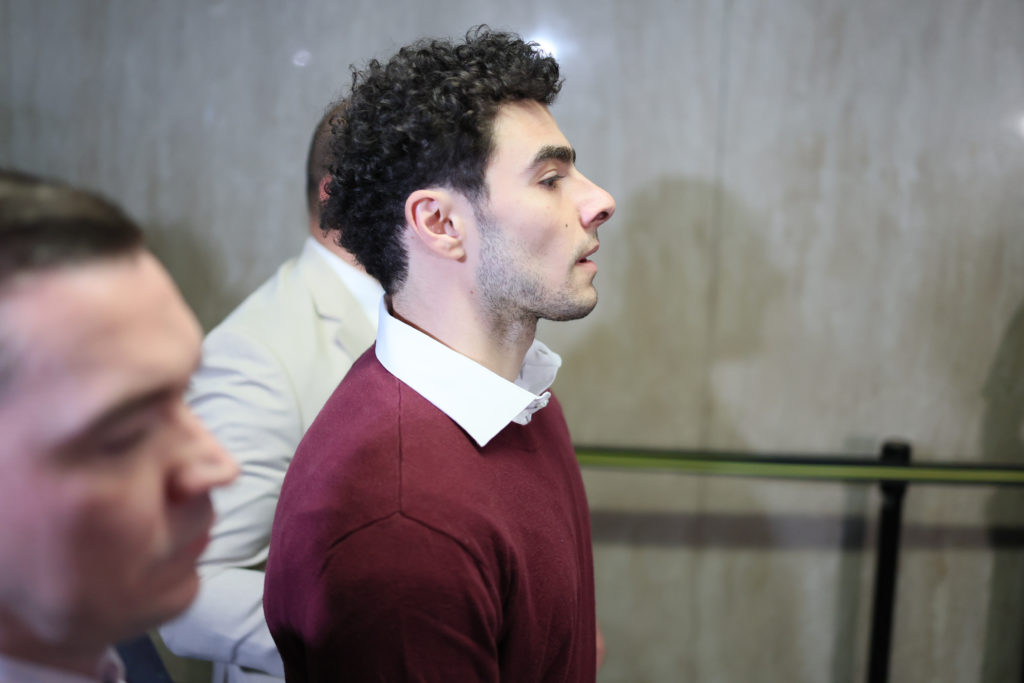Insomnia and nightmares, heart palpitations and aggression — one year after Asif Maharramov was sent to fight in a brutal conflict between two ex-Soviet rivals, he is struggling with lingering psychological injuries.
For six weeks last autumn, his country Azerbaijan fought neighbouring Armenia for control of the Nagorno-Karabakh contested region in a war that claimed 6,500 lives and exposed the Caucasus foes to deep societal traumas.
Maharramov, 20, is among thousands of veterans on both sides suffering from post-traumatic stress disorder (PTSD) in patriarchal societies where seeking help for mental health can be taboo.
Armenia and Azerbaijan are working to expand access to psychological care for former servicemen, an effort that is gradually drawing out battled-hardened veterans overcoming fears of being seen as weak.
But the challenge of reaching everyone who needs help is huge.
“A year has passed since the war but the stress is still there,” Maharramov told AFP, listing symptoms including a racing heart and sleeplessness.
“My temper worsened. When I hear someone saying something I don’t like, I want to hit them. It’s out of my control.”
Health professionals in both countries lamented an underdeveloped culture of psychiatric treatment they said was hindering efforts to help PTSD-diagnosed veterans.
– Dreams of the dead –
“Only a quarter of war veterans agree to undergo treatment,” said doctor Khachatur Gasparyan of the Intra psychological centre in the Armenian capital Yerevan.
“Society has to be taught there is nothing shameful in visiting a psychologist — that it’s normal,” he said.
In January, Azerbaijan set up psychological rehabilitation centres for veterans in all major cities.
“Since then the number of former soldiers seeking psychological treatment has kept growing,” said psychologist Sabina Rashidova.
The centre in Azerbaijan’s capital Baku has been seeing around 50 former soldiers each week, with rounds of treatment centring on psychotherapy and medication.
Her colleague Nargiz Huseynova said they routinely encounter “aggressiveness, insomnia, and apathy”.
Maharramov was among those to have received treatment.
Sent to the war days after clashes erupted on September 27 last year, he spent his first night under artillery fire.
His team managed to capture a strategic hilltop position, but Maharramov suffered a head injury and his captain was killed.
“We saw him laid on the ground and blood was flowing,” recounted Maharramov.
He spent five months in a hospital being treated for the head injury and PTSD.
“I often see him in my dreams,” Maharramov recounted of his captain. “I often see my fellow soldiers in my dreams. They are screaming, calling me.”
The government in Armenia has launched a similar network of rehabilitative centres for veterans, former war prisoners, and families of the dead and missing.
Programme coordinator Andranik Hakobyan told AFP he hopes 10,000 people will benefit from the rehabilitative services, citing “shock, rejection, and guilt” as endemic problems.
Time was a factor, he added: “Without timely psychological help, they suffer from suicidal thoughts or become aggressive.”
– ‘No winners’ in war –
“There are no winners or losers in war,” he added. “Armenians and Azerbaijanis suffer equally from the war’s aftermath. We all have a long road ahead towards psychological recovery.”
David Stepanyan, who narrowly escaped death on his first day fighting when an Azerbaijani shell blew up a car he had just got out of, is still on that road.
The 21-year-old was wounded less than a month into the war and taken — unconscious — to a hospital, where doctors told him a sniper’s bullet had pierced his flesh millimetres from his heart.
The bullet is still lodged in his chest and his entire body is scarred, but it’s the psychological wound he struggles with most.
For months, he said, he couldn’t sleep well and fragments of memories from the war would encroach into his dreams and waking hours.
“I couldn’t interact with family or friends and finally decided to get medical help,” he told AFP.
“The worst memories from the war are the moments when you see your wounded friend nearby, but can’t help him because of the enemy’s heavy fire,” he said.
But he said eight psychotherapy sessions had brought about some relief and that he now can sleep for as much as four hours a night.
Not everyone makes progress.
Maharramov, the Azerbaijani veteran, now works as a security guard at an oil facility outside Baku and feels his life lacks prospects.
“If I ever get married, there will be no music at my wedding party,” he told AFP.
“I know people who will never marry because they died in a war.”

